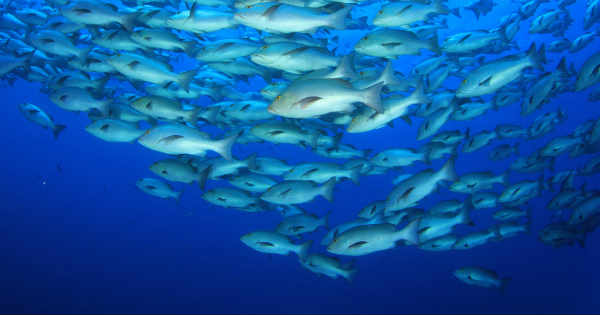
In the recent past, a major increase has been seen in the incidents of heatwave affecting the planet’s oceans, thereby leading to alarming deaths of marine life. Not only marine species, these spells of heatwave are harmful for humanity as well because of its huge dependency on oceans for important elements like oxygen, food, protection from storm etc.
According to experts, global warming is increasing at an alarming rate, thereby leading to an increase in the average temperature of the oceans.
According to a recent research, spells of heatwave are becoming more regular, prolonged and dreadful. In the last three years, these have tripled from more than 50% in the 30 years till 2016 as compared to the period between 1925 and 1954.
Due to increase in heatwave, forests, seagrass meadows and coral reefs are on the verge of extinction. All these species are very important lives in the ocean, because they provide shelter and food to many others. Thus, livelihood of others also depend on these species.
“Heatwave-induced wildfires destroy huge areas of forest, however now, this is affecting underwater life too,’’ said Dan Smale at the Marine Biological Association in Plymouth, UK, who led the research published in Nature Climate Change.
Spells of heatwave have resulted in deadly impact on a wide range of organisms, right from plankton to invertebrates, to fish, mammals as well as seabirds.
Another factor ‘El Niño’ has increased temperatures in the ocean and affected global warming. The initial temperature is much higher and so as the absolute temperatures much more higher and more dreadful. Some marine species are mobile and thus these could swim towards cooler waters, however, ocean heatwave often hit larger areas at a faster pace than fish move.
Dr Éva Plagányi at the Commonwealth Scientific and Industrial Research Organisation (CSIRO) in Australia also said “Frequent large heatwave can last harmful effects,”.
According to work published by Pinsky and colleagues, “The warming of ocean has affected sustainable marine life by 15% to 35% in five regions, including the North Sea and the East China Sea, while 4% globally”.
Another work by Plagányi’s team have shown that Climate Change will affect the recovery of whales in the Southern Ocean, thereby damaging the krill, on which they depend for food.
“Many models have predicted major declines in the marine life and even extinctions by the year 2100, majorly of Pacific population of blue and fin whales as well as Atlantic and Indian Ocean fin and humpback whales,” they said.
Scientific publications have revealed that unless we take an important action, our oceans will see lesser fish, least number of whales and high dramatic disorder in ecology, with an alarming concern for humans who majorly depend on the ocean.
Image Credits – Pinterest
Any information taken from here should be credited to Skymet Weather

















